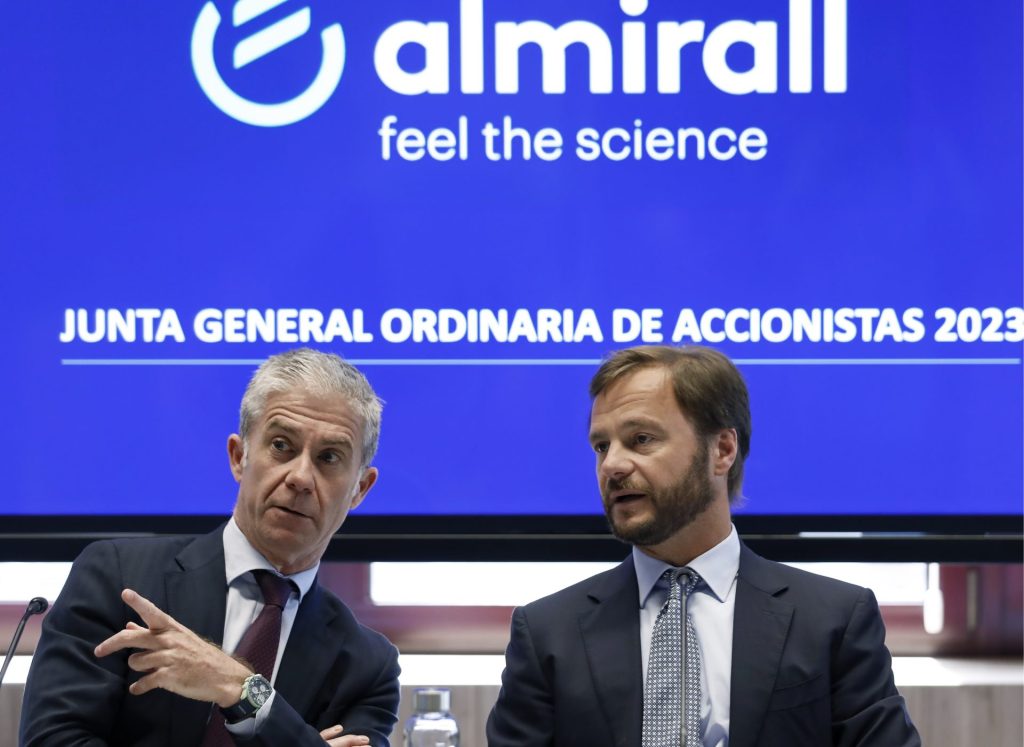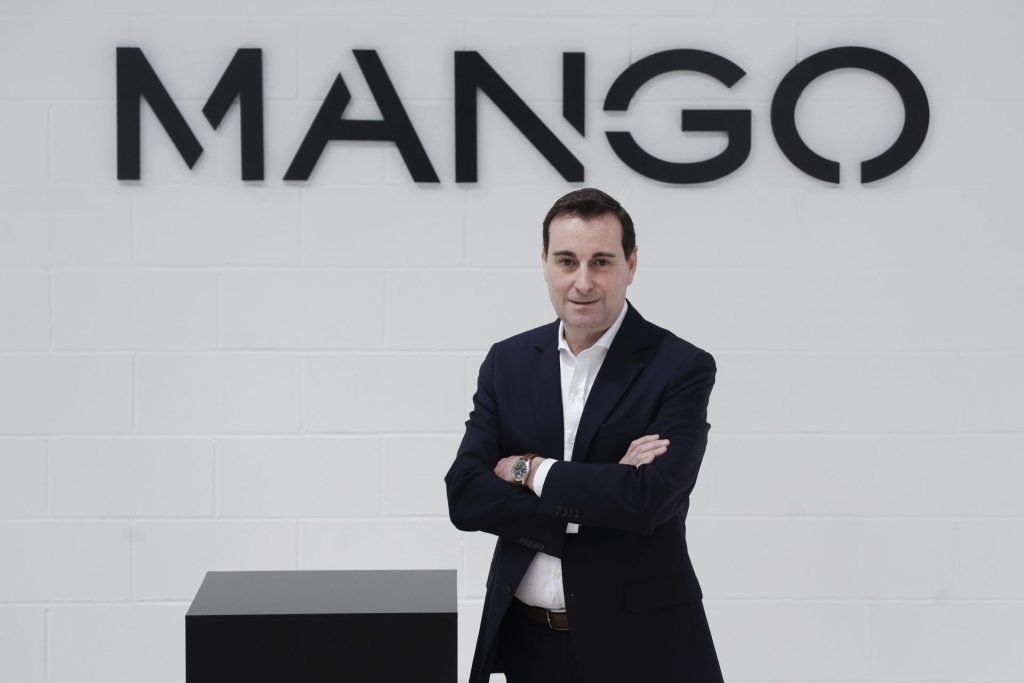Barcelona (EFE).- Grifols, the Catalan blood products giant, is the latest Catalan family business to join the growing trend in recent years of placing an external manager in the position of CEO the owning family.
The case of Grifols is significant because it was an example of a large company -listed on the Spanish continuous market and on the US Nasdaq- led by the Grifols family, since between 1987 and 2017 it was led by Víctor Grífols Roura and since then by his son Víctor Grífols Deu and his brother Raimon Grífols Roura as co-CEOs.
However, last week the Catalan multinational, under pressure from the markets to reduce its bulky debt, ceded all executive power to the Swiss Thomas Glanzmann, adding the position of CEO to that of president, which he had already held since February.

Although the Catalan Family Business Association (Ascef), an entity created in 1998 and covered by the Family Business Institute, does not have data on how many Catalan companies have taken the step of handing over day-to-day management to a executive outside the family that owns it, in the last decade there has been a trickle of significant cases in that direction.
Esteve and Cementos Molins, among the companies with an external CEO
An example of this is the pharmaceutical company Esteve, controlled by the family of the same name, which in 2018 decided to appoint the Swedish Staffan Schüberg, a manager from outside the family, as CEO.
A few years earlier, in 2015, another family company, in this case listed, Cementos Molins, signed Julio Rodríguez, who had been vice president of Schneider Electric, as CEO of the cement group to replace Joan Molins Amat, a member of the family that owns .
The fashion company Mango -which has Toni Ruiz as CEO-, the pharmaceutical company Uriach -led by Oriol Segarra as chief executive- or the pharmaceutical company Ferrer, with Mario Rovirosa as CEO, are other examples of separation for years between the owning family and the day-to-day management of the company.
Historical Catalan companies such as Agrolimen or the sanitary manufacturer Roca also took that step years ago.
Almirall goes the other way
The pharmaceutical company Almirall has also had executives from outside the Gallardo family as CEOs in recent years, such as the Belgian Peter Guenter or the Italian Gianfranco Nazzi, but at the end of February it announced that it was stopping the search for a new CEO and entrusted him with that responsibility. Carlos Gallardo, son of the historic Jorge Gallardo, owner of the company together with his brother Antonio.
However, the transition from an external chief executive to one of the owning family is a path much less seen in recent times.
Ascef emphasizes that what cannot be delegated is the role as owner
The president of Ascef, Jaume Alsina, considers that when referring to the management of companies one should think “of the best”, whether they are family or external, but he has stressed, in statements to EFE, that in the case of companies relatives “what cannot be delegated” is your role as owner.

“We cannot avoid that the members of the owning family become responsible shareholders,” adds Alsina, the third generation of the family that owns the company Encofrados J. Alsina and CEO of this company, who defends the advisability of family businesses have well-designed and time-planned governance.
Series like the popular Succession, which narrates the internal disagreements between the family that owns an empire of audiovisual media, show the importance of having organs to promote internal consensus in the family that owns it.
According to the report “The regenerative power of family businesses”, from July 2022, prepared by KPMG with the collaboration of the STEP Project Global Consortium, 38% of Spanish family businesses have a family council, that is, a forum in which they can raise, debate and seek consensus on those aspects that affect the owner family and its relationship with the company.
This study, prepared from 284 responses from leaders of Spanish family businesses, also revealed that in Spain the family that owns it exercises a “high” level of control and influence over the business in 59% of cases, compared to 36% of the time. average in Europe.
Executives of family businesses, a long-term view
Whichever management model is chosen -an executive command from the family or from outside-, Alsina ensures that the chief executive must be someone who combines the ambition to be competitive with the characteristic of family businesses of thinking “in the middle term”, and not only in the short term.
Along these lines, he ensures that family businesses have been strengthened in terms of reputation after the pandemic by caring more about their employees than other company profiles.







Wow, superb weblog structure! How long have you been blogging for?
you made running a blog look easy. The total look of your
site is fantastic, as smartly as the content!
You can see similar here sklep online